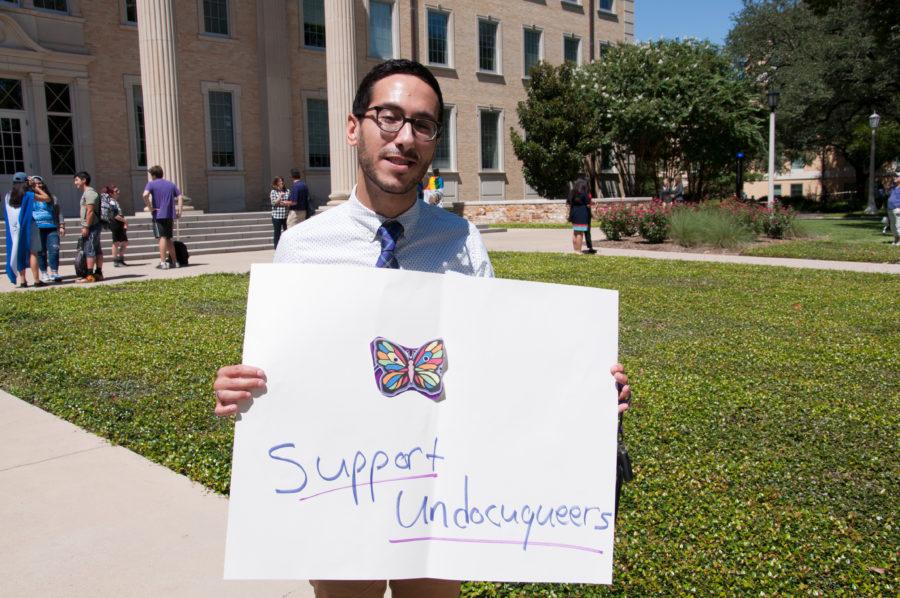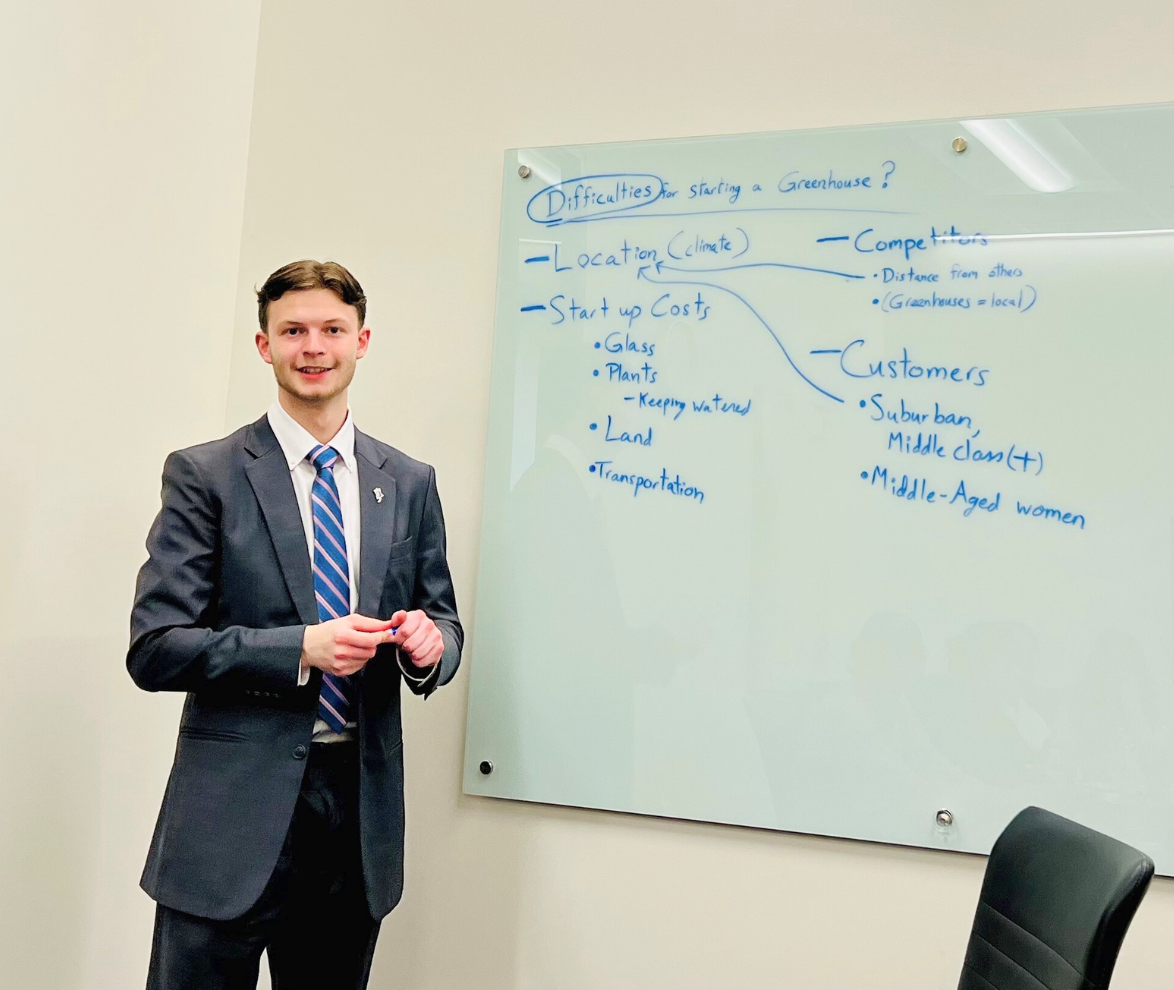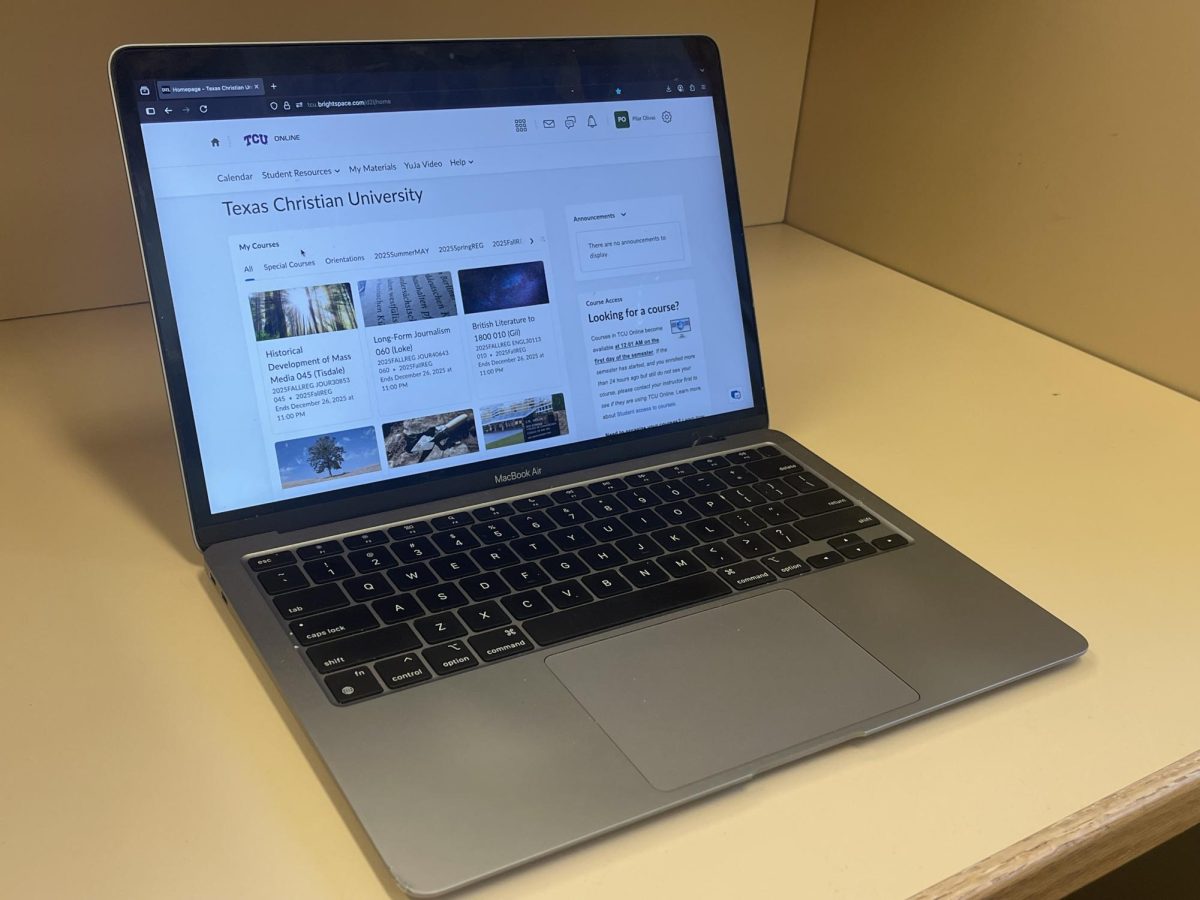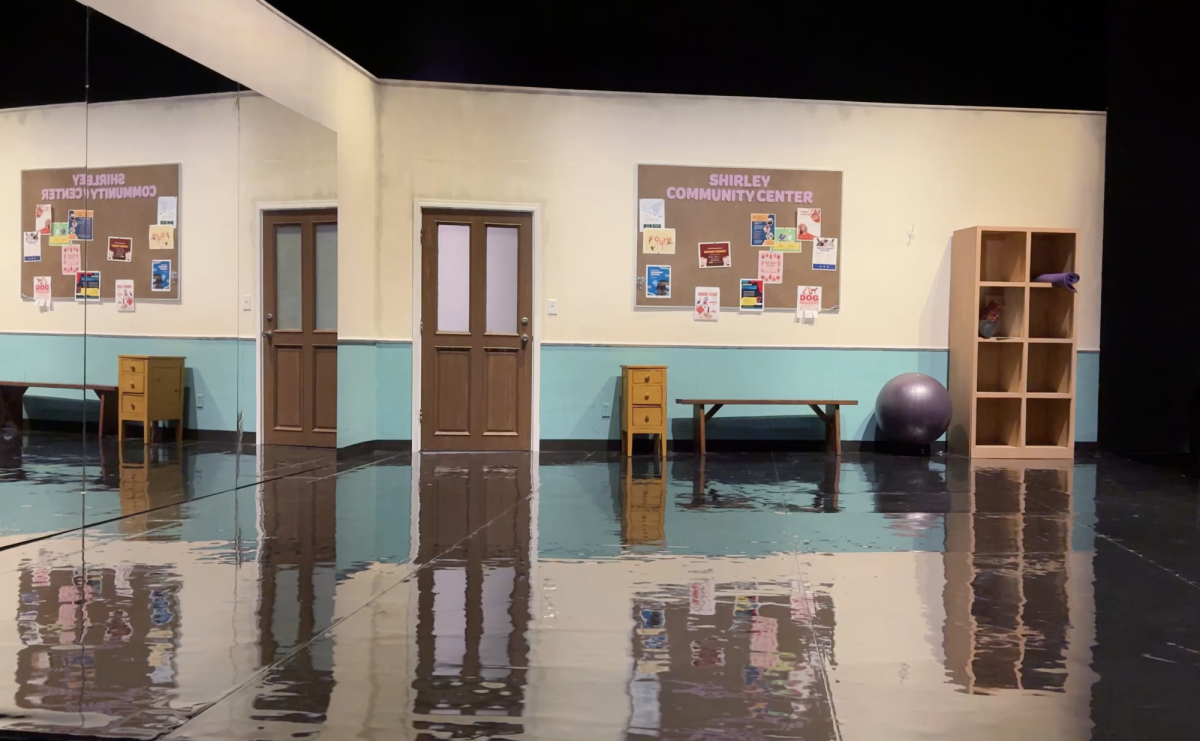The women and gender studies program aims to allow the opportunity for people who don’t fit the “norm” to be accepted on campus, said Nino Testa, the associate director of the program.
The program first began in 1992 after a committee of faculty came together to form a proposal for an interdisciplinary minor in women’s studies. The proposal was approved two years later with Gene Giles-Sims as the first director.
The first graduate certificate was offered in 2004 and twelve students from colleges across TCU were admitted within the program’s first year.
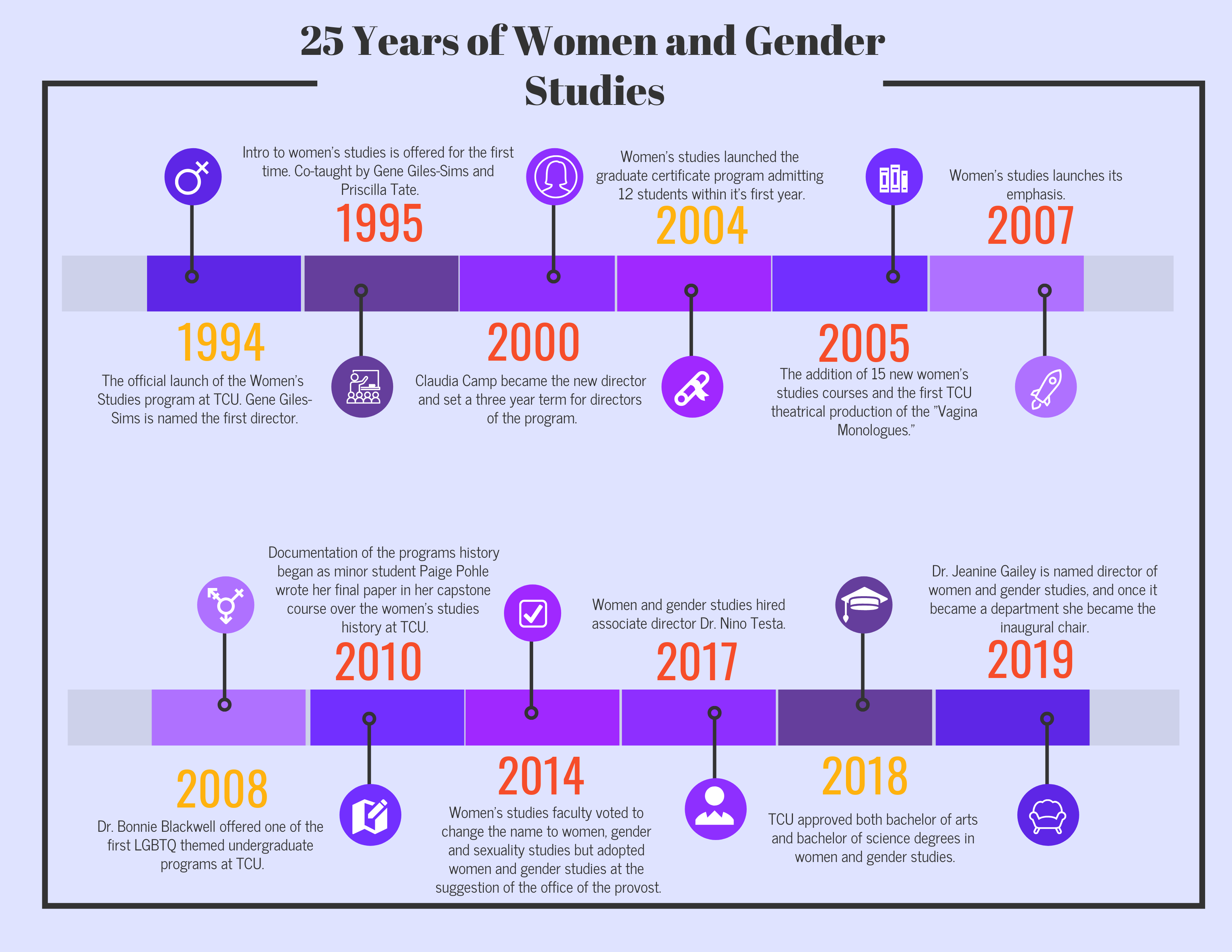
Faculty initially wanted to name the program women, gender and sexuality studies; however, they were prompted otherwise by the provost’s office. In 2014, women’s studies transformed into what it’s known as today: women and gender studies.
Marisa Thomas, a senior in the major, said that the department provides a community for queer and diverse students.
“I fit in through the classes and the faculty bonds,” Thomas said. “I feel the program and the students and teachers are more sensitive to your identity and how that may be different from the ‘normal’ TCU identity, which makes me feel like I belong.”
In 2017, the program underwent an external review to hire a full-time staff, add a major program and refocus the curriculum. In the fall of the same year, women and gender studies hired Testa.

“Women and gender studies offers students a lens to see the world. We give people a way to see and understand the world and the relationship between gender, sexuality, race, class, ability and other social markers that affect us.”
Although students, faculty and staff met the program with enthusiasm, women and gender studies still lacks a full-time faculty today — something that will change over the next few months.
“We’re hiring our first, full-time faculty member this fall to start next year,” Testa said. “We’re really excited about that, but we need more faculty. We want to grow our department because we know that when our faculty grows, we will be better able to serve the community.”
The women and gender studies program now offers a bachelor of arts and a bachelor of science degree. It also is a part of interdisciplinary studies, alongside comparative race and ethnic studies.
Ten students enrolled soon after the implementation of the degree program.
Tetsa has high hopes for the future of this program and its legacy at TCU.
“I would like to make TCU more affirming for queer people or for people who don’t feel like they fit the norm at TCU,” Testa said. “I would like to contribute to making this institution more accepting of those people, as well as change the way we think about queer people on this campus.”
To learn more about the women and gender studies program you can visit their website.

